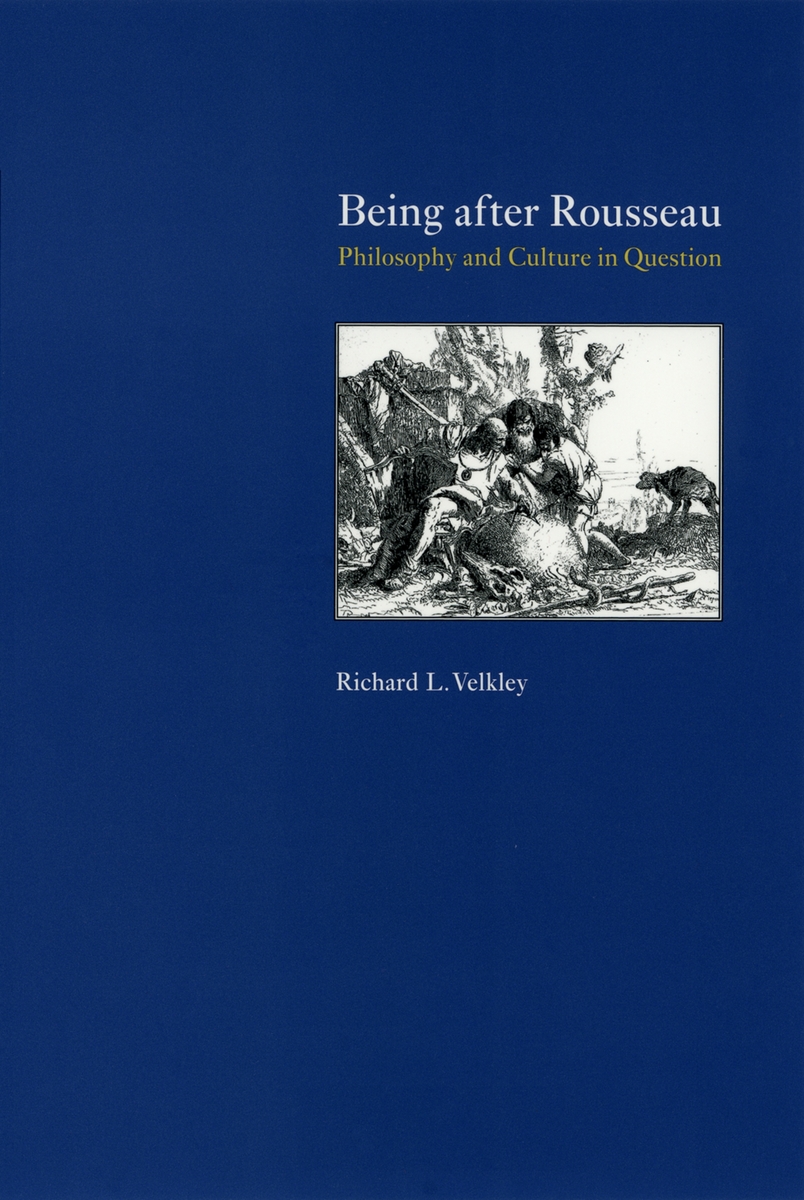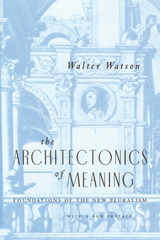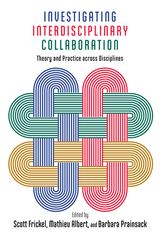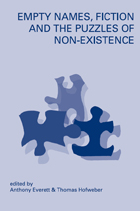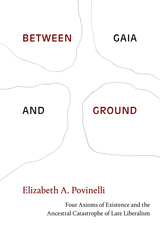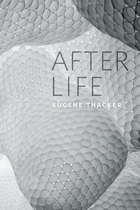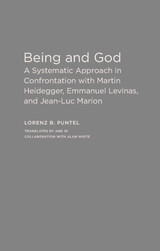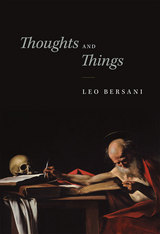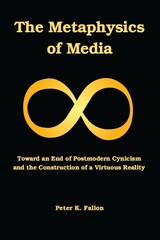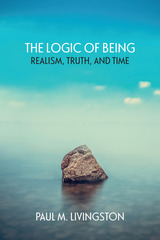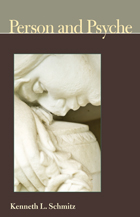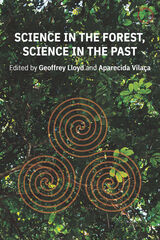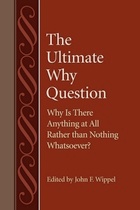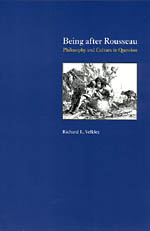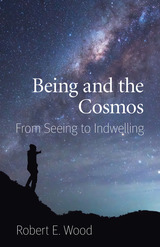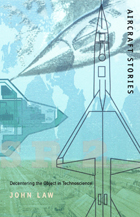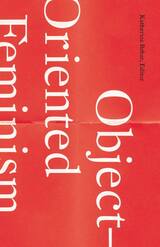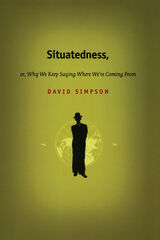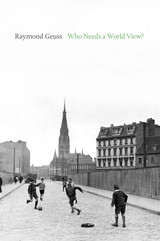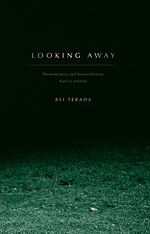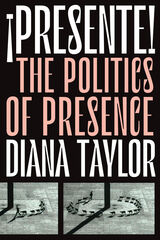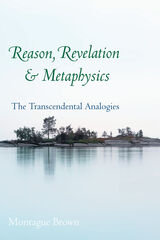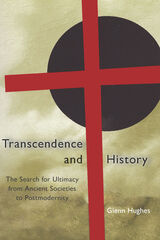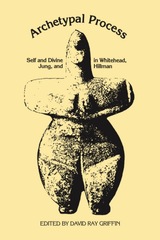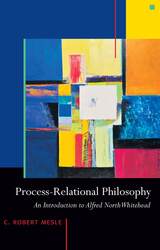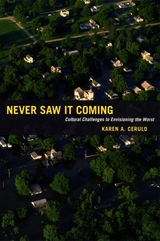Being after Rousseau: Philosophy and Culture in Question
University of Chicago Press, 2002
Cloth: 978-0-226-85256-0 | Paper: 978-0-226-85257-7
Library of Congress Classification BD331.V45 2002
Dewey Decimal Classification 111
Cloth: 978-0-226-85256-0 | Paper: 978-0-226-85257-7
Library of Congress Classification BD331.V45 2002
Dewey Decimal Classification 111
ABOUT THIS BOOK | AUTHOR BIOGRAPHY | TOC | REQUEST ACCESSIBLE FILE
ABOUT THIS BOOK
In Being after Rousseau, Richard L. Velkley presents Jean-Jacques Rousseau as the founder of a modern European tradition of reflection on the relation of philosophy to culture—a reflection that calls both into question. Tracing this tradition from Rousseau to Immanuel Kant, Friedrich Schelling, and Martin Heidegger, Velkley shows late modern philosophy as a series of ultimately unsuccessful attempts to resolve the dichotomies between nature and society, culture and civilization, and philosophy and society that Rousseau brought to the fore.
The Rousseauian tradition begins, for Velkley, with Rousseau's criticism of modern political philosophy. Although the German Idealists such as Schelling accepted much of Rousseau's critique, they believed, unlike Rousseau, that human wholeness could be attained at the level of society and history. Heidegger and Nietzsche questioned this claim, but followed both Rousseau and the Idealists in their vision of the philosopher-poet striving to recover an original wholeness that the history of reason has distorted.
The Rousseauian tradition begins, for Velkley, with Rousseau's criticism of modern political philosophy. Although the German Idealists such as Schelling accepted much of Rousseau's critique, they believed, unlike Rousseau, that human wholeness could be attained at the level of society and history. Heidegger and Nietzsche questioned this claim, but followed both Rousseau and the Idealists in their vision of the philosopher-poet striving to recover an original wholeness that the history of reason has distorted.
See other books on: Metaphysics | Ontology | Philosophy, Modern | Question | Velkley, Richard L.
See other titles from University of Chicago Press
